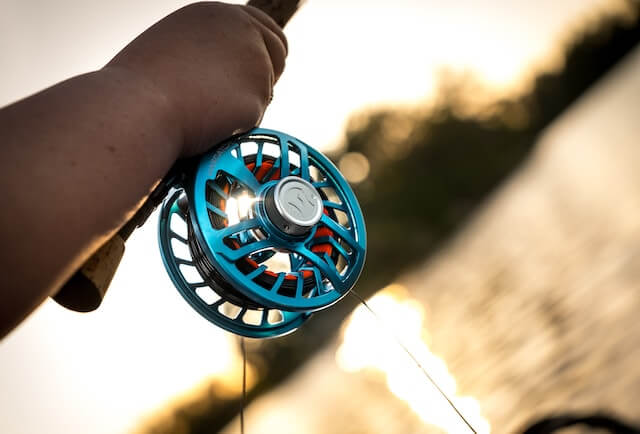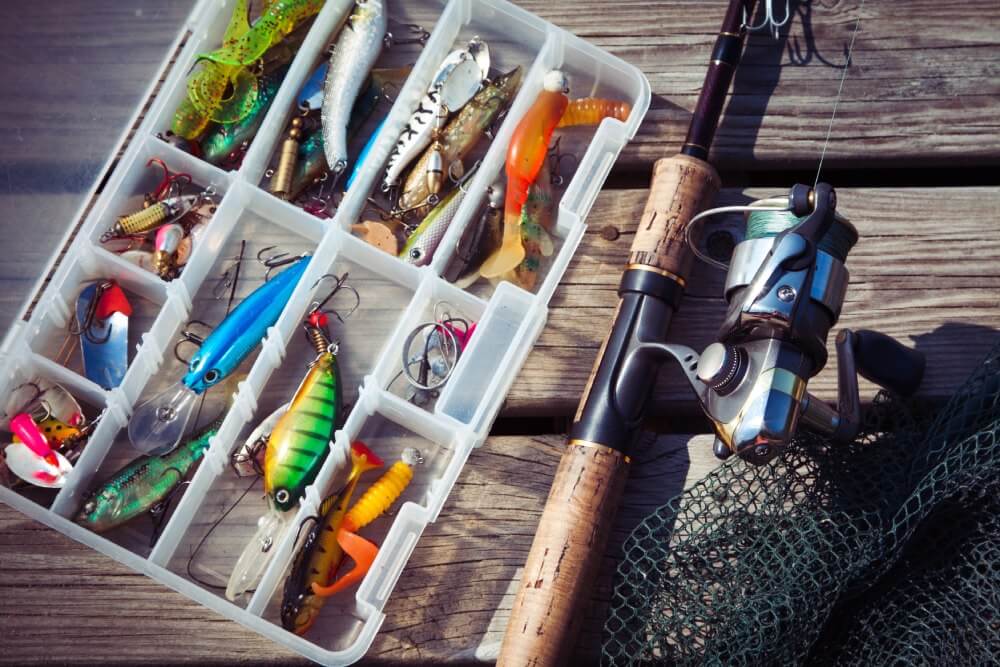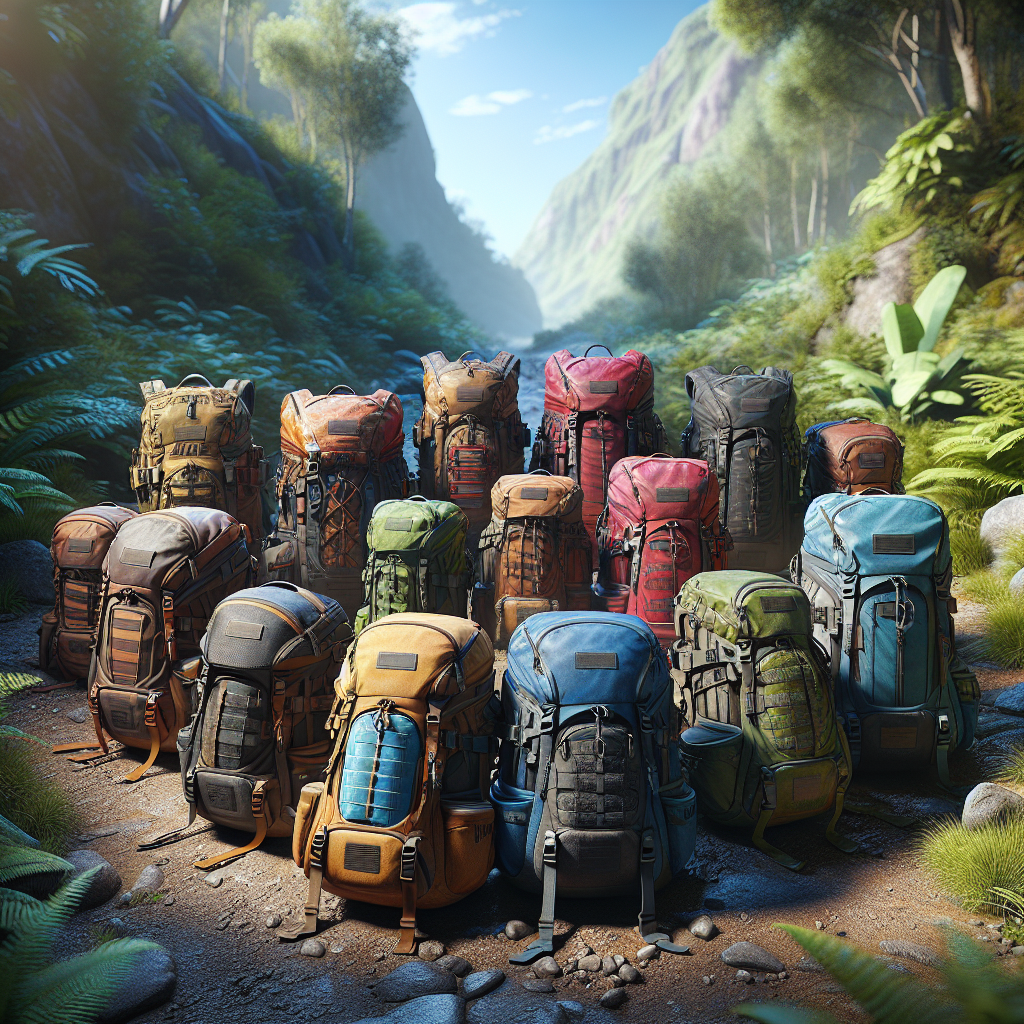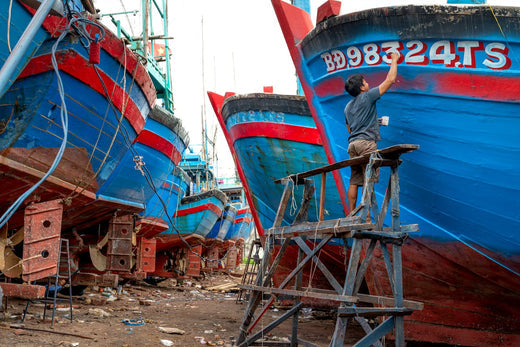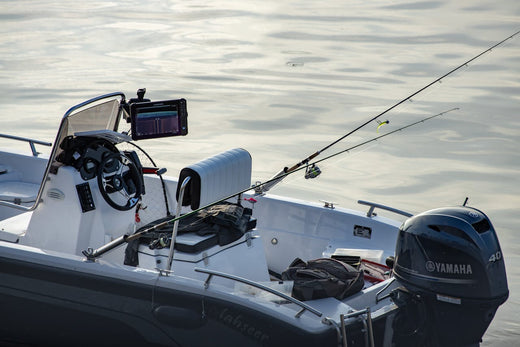Your Cart is Empty
ORDERS OVER $99 UNLOCK FREE* SHIPPING
Menu
-
- Home
- Archery
- Automotive/RV
- Boating
- Camping
- Fishing
- Hunting
- Outdoor
- Shooting
- Trailering
- Watersports
- Brands
-
- (208) 590-7477
- Login

ORDERS OVER $99 UNLOCK FREE* SHIPPING
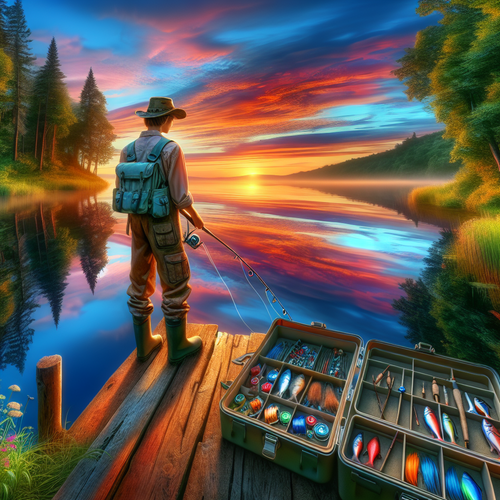
Top Tips for Successful Fishing Adventures You Must Try
6 min read
Before embarking on your next fishing adventure, it’s essential to grasp the fundamental aspects that can significantly enhance your experience. Fishing is not just about casting a line; it's about understanding the environment, the species you're targeting, and the techniques that will yield the best results.
First and foremost, familiarize yourself with the different types of fishing:
- Freshwater Fishing: Typically involves lakes, rivers, and streams. Species include bass, trout, and catfish.
- Saltwater Fishing: Takes place in oceans or seas, targeting species like tuna, marlin, and snapper.
- Fly Fishing: A unique technique that uses artificial flies to attract fish, suitable for both freshwater and saltwater.
Next, consider the essential gear you'll need. Invest in a quality rod and reel, tackle box, and bait. Each fishing type may require specific equipment, so researching beforehand is crucial. Additionally, understanding local regulations and obtaining the necessary licenses is vital for a responsible fishing adventure.
Finally, don’t underestimate the power of techniques. Whether it's learning how to cast effectively or understanding the best time of day to fish, these skills can make a significant difference in your success. Visit our website to learn more and get started today! Click here.
Choosing the Right Fishing Gear and Equipment
Selecting the right fishing gear and equipment is crucial for a successful outing on the water. The variety of options available can be overwhelming, but understanding the essentials will help you make informed choices that suit your fishing style and target species.
Start with the rod and reel. The type you choose should depend on the kind of fishing you plan to do:
- Spinning Rods: Versatile and easy to use, ideal for beginners.
- Baitcasting Rods: Better for experienced anglers who require precision and control.
- Fly Rods: Specifically designed for fly fishing, these rods require a different technique.
Next, consider the line. The type of fishing line—monofilament, fluorocarbon, or braided—affects both the visibility and strength, impacting your success in catching fish. Choose a line that matches your rod and reel specifications.
Don’t forget about terminal tackle, which includes hooks, sinkers, and bobbers. The right tackle can make a significant difference in enticing fish. Lastly, invest in a sturdy tackle box to keep your gear organized and easily accessible while out on the water.
By selecting the appropriate gear and equipment tailored to your fishing needs, you'll set yourself up for a more enjoyable and productive fishing adventure.
Mastering Fishing Techniques for Success

To truly enhance your fishing experience, mastering various fishing techniques is essential. Knowing how to effectively use your gear and adapt your approach can lead to more successful catches on your adventures.
One fundamental technique is casting. Whether you're using a spinning or baitcasting reel, practice your casting skills to improve accuracy and distance. A smooth cast allows your bait to land softly on the water, enticing fish without spooking them.
Another key technique is retrieving. Depending on the type of bait or lure you are using, the retrieval speed and method can vary. Experiment with different speeds and patterns to determine what works best for the species you are targeting. For instance:
- Slow Retrieval: Effective for bottom-dwelling fish.
- Fast Retrieval: Can provoke predatory fish to strike.
Additionally, understanding the importance of location is crucial. Fish tend to congregate in specific areas based on their feeding habits and environmental factors. Look for structures like rocks, logs, or vegetation where fish may hide, and consider the time of day, as fish are often more active during early morning or late evening.
Finally, don't underestimate the power of patience. Fishing often requires waiting for the right moment to reel in your catch. Stay calm, remain focused, and be ready to respond when you feel a nibble!
Exploring Different Fishing Locations and Conditions

One of the most exciting aspects of fishing is the variety of locations and conditions you can explore. Each environment offers unique challenges and opportunities that can enhance your fishing adventures.
Freshwater fishing can take place in lakes, rivers, and streams. Each type of water body presents different fishing dynamics:
- Lakes: Often home to species like bass, trout, and pike, lakes can vary in depth and vegetation, affecting where fish are likely to be found.
- Rivers: Flowing water creates different currents, influencing fish behavior. Look for eddies and pools where fish tend to gather.
- Streams: Smaller and more dynamic, streams are ideal for catching trout. Focus on areas with cover like rocks and fallen trees.
In contrast, saltwater fishing opens up a whole new world. Coastal areas, piers, and deep-sea locations can yield species such as snapper, marlin, and tuna. When fishing in saltwater, consider the tide cycles, as they greatly affect fish activity. High tides often bring fish closer to shore, making it a prime time for fishing.
Weather conditions also play a critical role in fishing success. Overcast days can often lead to better fishing, as fish are more likely to venture out in search of food without the intense sunlight. Conversely, clear, sunny days might require more stealth and strategic planning to catch fish.
Exploring different fishing locations and understanding the conditions can lead to more successful and enjoyable fishing experiences. Each trip provides a chance to learn, adapt, and ultimately enjoy the great outdoors!
Planning Your Fishing Trip for Optimal Results

Proper planning is essential to ensure your fishing trip is both enjoyable and successful. To achieve optimal results, take the time to consider various factors that can impact your experience.
First, always research the location you intend to fish. Investigate the best times of year to target specific species, as well as any local regulations that may affect your fishing plans. Local fishing reports can provide valuable insights into what’s currently biting and where.
Next, create a gear checklist. Having the right equipment is crucial for a successful outing. Ensure you pack:
- Your fishing rod and reel
- A variety of lures and baits
- A tackle box with essential tools
- Appropriate clothing for the weather
- Sunscreen and insect repellent
Additionally, consider the logistics of your trip. Make arrangements for transportation and determine if you need a fishing license for your chosen location. It's also wise to check the weather forecast and plan your trip accordingly. Fishing can be less fruitful during inclement weather, while calm days may offer better conditions.
Lastly, always keep an open mind. Fishing can be unpredictable, and flexibility in your approach can lead to unexpected success. Whether you’re trying new techniques or changing locations, adaptability can enhance your overall experience.
By taking the time to properly plan, you can maximize your chances of success and create lasting memories on your fishing adventures.
Safety Tips for Enjoying Fishing Adventures

Ensuring safety during your fishing adventures is paramount. Whether you’re a seasoned angler or a novice, following specific safety tips can help you enjoy your time on the water while minimizing risks.
First and foremost, always wear a life jacket when fishing from a boat or kayak. Accidents can happen, and a life jacket can be a lifesaver in unexpected situations. Additionally, familiarize yourself with the water conditions, including currents and tides, to better understand potential hazards.
Next, stay informed about the weather. Before heading out, check the forecast, and be prepared for sudden changes. If storms are predicted, it’s best to postpone your trip. Carrying a weather radio or using a weather app can keep you updated while you’re on the water.
Another essential aspect of fishing safety is to stay hydrated. Bring plenty of water and snacks, as fishing can be physically demanding, especially in warmer weather. Sun exposure can also lead to fatigue, so apply sunscreen regularly and wear protective clothing.
It’s also wise to fish with a buddy whenever possible. Having a companion not only enhances the experience but also provides support in case of emergencies. Share your fishing plans with someone who isn’t going, so they know where to find you in case of an emergency.
Finally, respect the environment and local wildlife by following fishing regulations and practicing catch and release when appropriate. This ensures that fish populations remain sustainable for future generations.
Visit our website to learn more and get started today! Click here.


